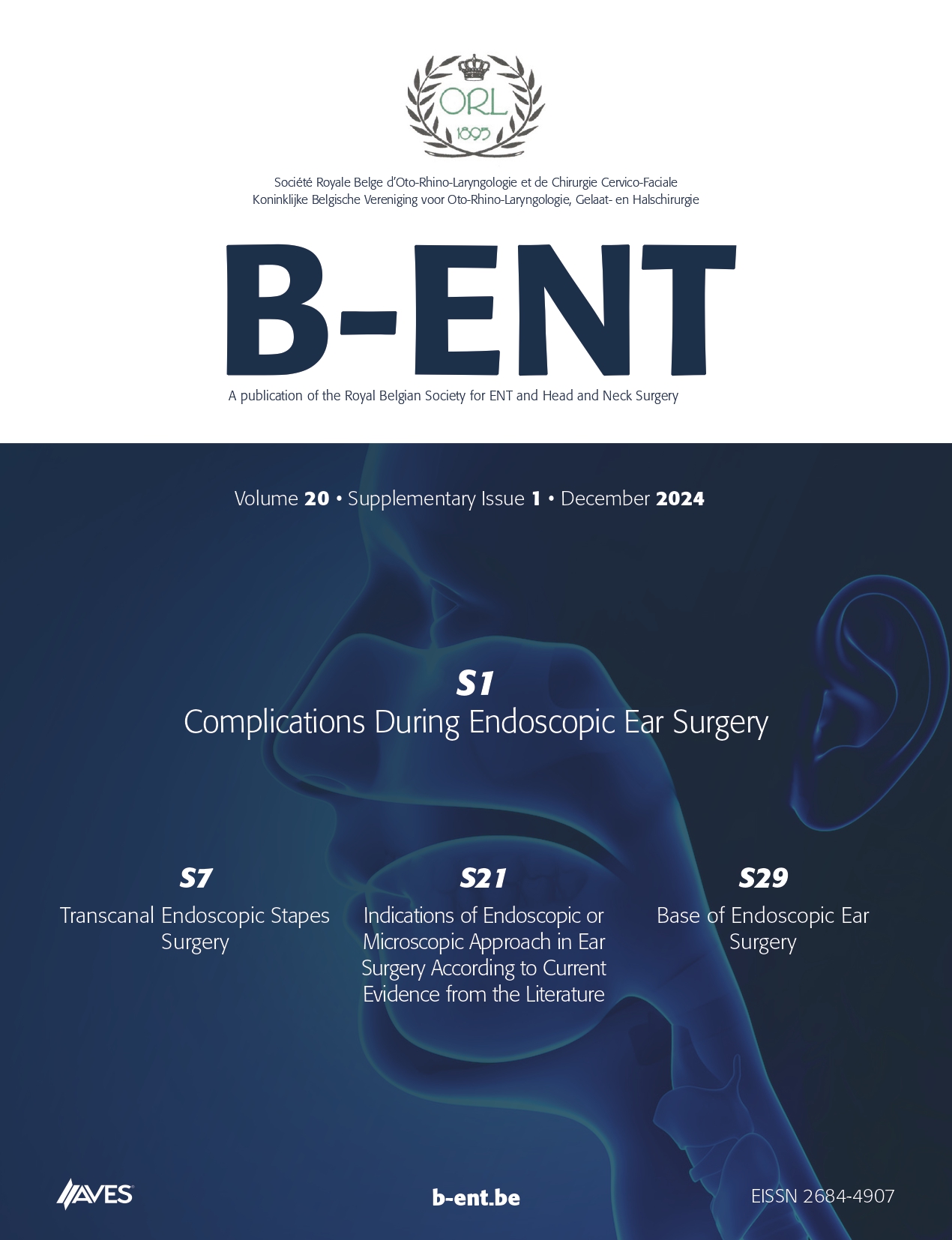Chronic Rhinosinusitis (CRS) is a group of multifactorial diseases characterised by inflammation of the mucosa of the nose and paranasal sinuses with a history of at least 12 weeks of persistent symptoms and signs despite maximal medical therapy. IgE-mediated hypersensitivity and asthma are the two most important associated factors. Diagnosis of CRS is based upon the medical history and either an endoscopy or CT scan. Initial medical treatment usually consists of the avoidance of all the contributory factors and then nasal douching and nasal steroids. If medical treatment fails, endoscopic sinus surgery is considered. The authors review the most important factors associated with CRS, the diagnostic work-up and different treatment options. They also present a rationale for treatment.



.png)
